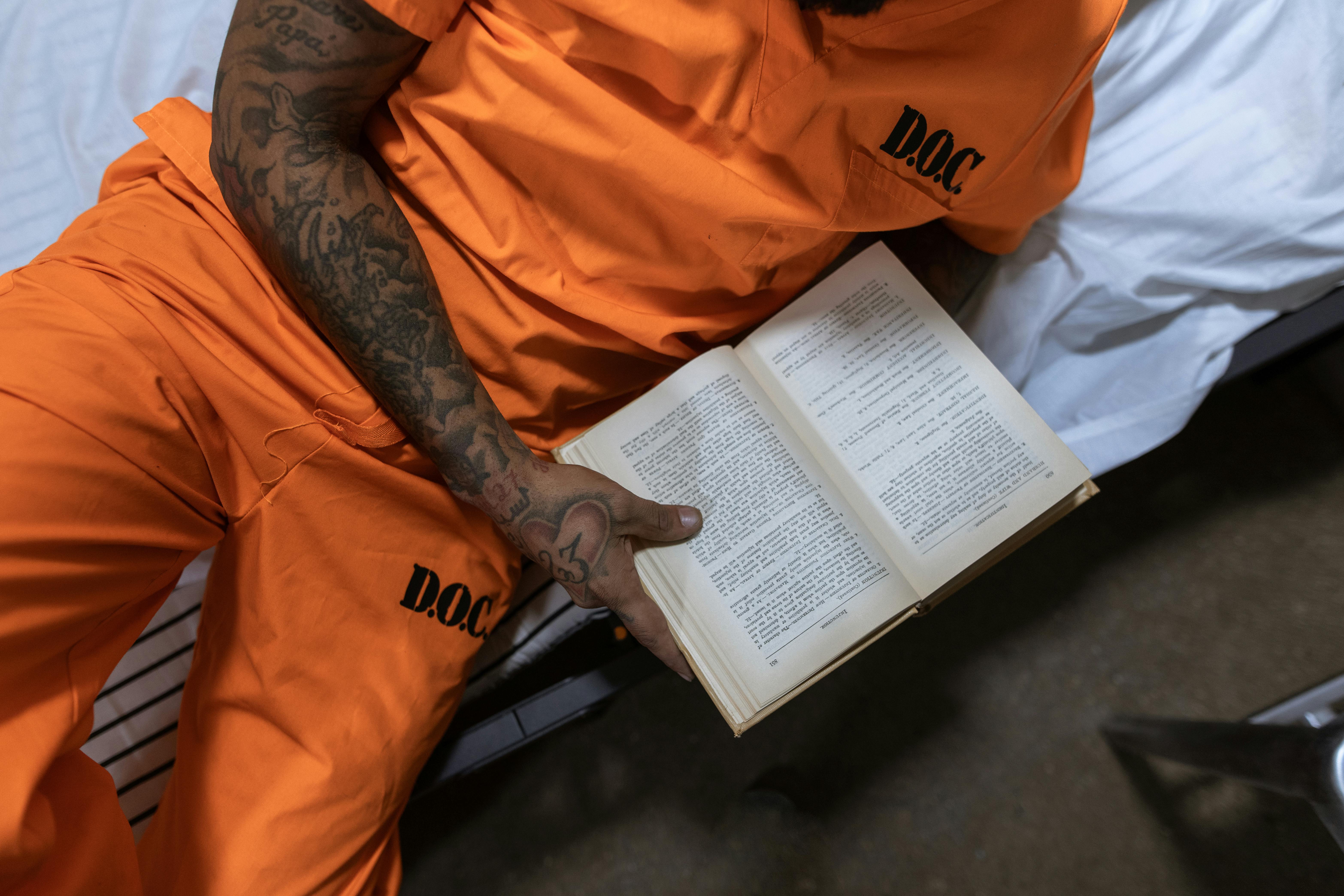Anthony Bonanzino was born into a lower-middle-class Catholic family in West Haven, Connecticut. “My mother was a waitress and had two jobs; there was no, as I call it, ‘silver spoon.’ Tony’s father worked the night shift at the post office. Anthony was only seven years old when he lost his father.
Tony said his father’s death “was nothing unusual, it happens all the time; unfortunately he passed away when he was 44 years old.” Tony indicated that he was totally devastated by the death of his father, and by his own admission he became incorrigible. He was expelled from a Catholic school in the fourth grade. Tony had gotten into a little mess with the law for mischievous behavior.
For the young Bonanzino, losing a father at age seven was difficult. Then his departure from home and going to a Fatherless Children’s Home changed young Tony’s life.
Tony shared this journey beyond his personal loss and success story:
“Fortunately, there was a detective in the West Haven, Connecticut police force who knew me well enough at the time, because I had gotten into a lot of minor trouble. He wanted to help; he found a school, a free private school for orphaned children. , in Philadelphia “.
The orphan school accepted Tony Bonanzino. The Girard School demanded hard work and unquestionable respect for teachers, and it imposed strict discipline. When he got to school, Tony described being angry at the world, but it changed his life in eighth grade.
The importance of having mentors in his life was especially important to Dr. Tony Bonanzino. Tony gave a specific example of a mentor who changed his life, Mr. Campos. He said that having mentors shortened the learning cycle, helped them to get out of problems and avoid other problems, and in his opinion it strengthened them, in addition to building them as good leaders.
Tony Bonanzino specifically shared a story about one of his mentors: Mr. Campos, his eighth grade English teacher, who “helped change my life” by achieving a major paradigm shift in his attitude. At Girard School, discipline was rigidly enforced. Tony had raised his hand to hit Mr. Campos, but was “literally knocked out” by the master’s solid punch. Upon awakening, Tony “was sent to the office” where “he was asked to explain what he had done.” At the school’s main office, Tony “was paddled and then sent back to the classroom to apologize to my class and to Mr. Campo.” His teacher accepted the apology and asked young Tony “to stay a minute after class.” Mr. Campo said to Tony, “You know, you have more to offer than you are giving right now. Just think about that.” Campo became one of Tony’s mentors.
Bonanzino then graduated from high school with honors from the Girard School. He went to college “for a year and played on the ice hockey team,” but wasn’t really focused on his education. Tony said that he simply “took a year off. I went to Boston University for a period and then I joined the Air Force.” He was trained for a year in Mandarin Chinese and then was assigned for a few months to translate military broadcasts, pilot-to-pilot and ground-to-pilot communications from Mandarin into English.
As a result of the Vietnam conflict being over and the military being downsized, Tony was allowed to leave the Air Force early, with all the “GI Bill” benefits, including educational benefits. “At that time, all benefits meant all benefits.” You could focus on your studies. Tony graduated from college with a BA in Biology and a concentration in Microbiology. After working for four years, he returned to obtain a master’s degree in Operations Management.
Anthony “Tony” went to work for Bayer AG, the large German pharmaceutical company. He described a “strongly dictatorial” management style. Bonanzino indicated that he was a “very unhappy person because the work violated my fundamental values, my beliefs.”
Bonanzino especially lamented what he perceived as the company’s intentional mistreatment of employees. Tony described his frustration when his attempts to “build the spirit and camaraderie” of his team within Bayer were thwarted by his “uncompromising management.”
Tony said: “I was in a very challenging environment, not technically challenging, but emotionally challenging, because my core belief was based on respect for the individual.” But now she found herself in “an environment that was highly self-centered, debilitating in its treatment of people, and actually a violation of my core beliefs.”
Bonanzino later commented, “I prostituted myself.” Tony described the challenge of staying in “such a debilitating, almost evil environment for so many years, rather than having the courage to walk away.” He added that staying was “an extraordinarily difficult thing, and it takes its toll. It really takes its toll.”
Tony was sent to Spokane, Washington, for what would be a short-term assignment at Bayer’s subsidiary, Hollister-Stier Labs, a small biotech and pharmaceutical company. The assignment became permanent. But when Bayer AG announced that it would sell Hollister-Stier Laboratories, Tony decided to lead a team to negotiate with Bayer a leveraged purchase of Hollister-Stier Laboratories.
Dealing with business abuse from Bayer AG was difficult for Bonanzino. Tony has always fought hard for fair treatment and now he could change that for himself and his co-workers. He bought Bayer AG and completely changed Hollister-Stier’s business philosophy to reflect an enlightened, more “service-leading” style.
Dr. Bonanzino became the new president and CEO and immediately restructured the company, totally changing the management style of the company. It indicated that it eliminated everything it perceived as employee abuse and invited its employees to contribute their opinions. In the process, it turned an unprofitable subsidiary of Bayer AG into a strong and profitable separate company with its own corporate identity.
Bonanzino earned his Ph.D. in Leadership Studies from Gonzaga University, in Spokane, Washington. He continues to invest much of his time in community projects and various non-profit organizations. He coaches youth in various team sports and still teaches a class each semester at the Gonzaga University School of Business. He shared that his leveraged purchase of Hollister-Stier Labs is a case study at the Gonzaga School of Business. I initially interviewed Dr. Tony Bonanzino for almost two hours at his home in Spokane, Washington.
Dr. Bonanzino led his successful company, Hollister-Stier Laboratories, while serving in various leadership positions in the Spokane business community. He has been president and president of the Spokane Regional Chamber of Commerce. Tony Bonanzino recently sold Hollister-Stier Laboratories to a major international company. Dr. Bonanzino is currently the Executive Director of the Institute for Systems Medicine.



